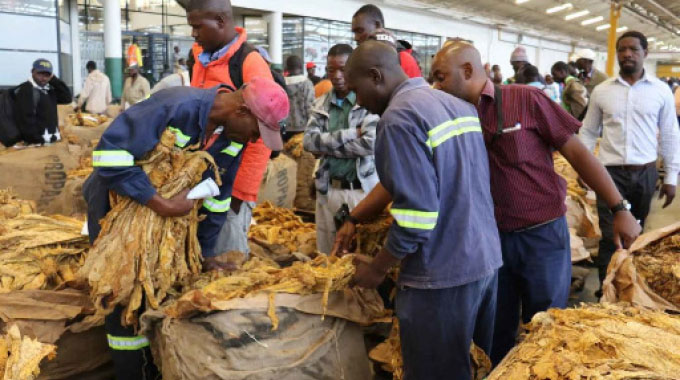Zim’s farming systems, policies enchant Mozambican delegation

Elton Manguwo
ZIMBABWE’S achievement of wheat self-sufficiency in the 2022 season will have ripple effects in the region with a delegation from neighbouring Mozambique that was recently in the country confirming that the move was going to help them cut on import costs alongside Zimbabwe.
Speaking during a tour Nyathi Mhenyu Farm in Banket recently, economic advisor to the President of Mozambique, Mr Omar Mitha said they were impressed with how Zimbabwe had achieved self- sufficiency setting an example for the region in the process.
“Zimbabwe defied the odds in producing adequate winter wheat, which is set to have an effect on the two economies,” said Mr Mitha.
The country has since set a target of at least 85 000 hectares to achieve 408 000 tonnes this season, up from last year’s 375 000 tonnes.
The Government last year introduced the policy of the private sector funding 40 percent production of its raw material requirements locally resulting in the private players contributing over 33 percent of last season’s wheat and are set to finance 70 percent this year.
“We are impressed with the positive appetite by the farmers and the private sector in Zimbabwe, as they continue to show inclination towards primary production,” said Mr Mitha.
In addition, the country has also engaged young farmers to participate and spearhead the production of wheat this winter season.
“You have a young farming population, which is something we would love to see being implemented in our country,” said Mr Mitha appreciating how Zimbabwean youths are at the centre of primary production.
As part of the Government’s policy to support regional cooperation, the Mozambican delegation was in the country for a three-day state visit to get an appreciation of the country’s agricultural sector.
“From our bilateral relations we have to work together and establish technical committees so that we begin working together,” said Dr Basera.
The disturbances in the global value chain caused by the Russia-Ukraine war prompted the Ministry of Lands, Agriculture, Fisheries, Water and Rural Development to increase productivity by actualising the National Enhanced Agriculture Productivity scheme (NEAPS).
“The Government is supporting wheat production through the NEAPS and the Presidential wheat support scheme in line with the Agriculture and Food Systems Transformation Strategy,” said Dr Basera
Last season’s success was as a result of the Government mobilising the necessary resources from research to production to support and increase wheat production.
“We invested quite a lot in terms of research and development to gain the necessary technical knowhow to ensure that we could achieve the targets we had set for ourselves,” said Dr Basera stressing how the systems employed by Zimbabwe can also be applied by Mozambique.









Comments